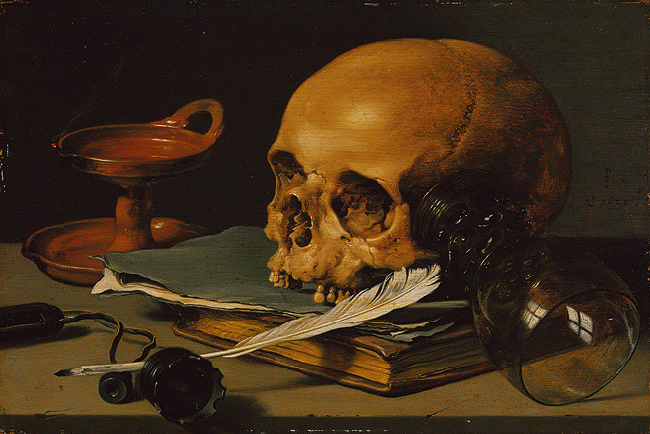

For the reference to the above graphics click
here.
Simon Schama, Dead Certainties New York: Alfred A. Knopf, 1991,
Robert Sullivan, The Disappearance of Dr. Parkman. Boston: Little, Brown and Company, 1971,
William Styron, The Confessions of Nat Turner, (New York: Vintage International, 1993),
Herbert Aptheker, Nat Turner's Slave Rebellion ...,(New York: Grove Press, Inc., 1966 (1968)
Students are encouraged to purchase available hard copies of all required reading except articles and printed documentary sources. All books are available through such services as bookfinder.com, midtownscholar.com, amazon.com, and ebay.com. All reading also will be supplied on loan from the instructor's personal library in pdf format for personal, private, educational use, on a USB drive owned by the instructor. Any such reading supplied by the instructor for seminar use are on loan for the duration of the seminar and are not to be copied or distributed. All reading should be completed according to the schedule and in advance of seminar discussion.
Editing and Writing Requirements:
Each member of the seminar will be assigned 20-30 pages of original documents to transcribe, edit, an annotate on line over the course of the semester. The first editing/annotation assignment will be due at mid-term. The second at the end of the semester. The first assignment will relate to the John White Webster Case. The second will encompass recently discovered documents that directly or indirectly relate to the reaction in Maryland to what happened in Southampton County, Virginia in the summer of 1831.
In addition to the transcription, editing, and annotation assignment, each member of the seminar will be expected to create, or extensively improve a Wikipedia article related in some manner to either the John White Webster case or Nat Turner. The choice is up to the seminar participant in discussion with the instructor and must meet wikipedia criteria for inclusion in the on-line encyclopedia. All class notes and writing requirements will be delivered at the end of the semester to the instructor on a flash drive supplied by the instructor. Grades will be based upon class participation, transcriptions, Wikipedia articles, and a review of the contents of the flash drive. Instructions on note taking (in particular the use of the Zotero note taking system explained at Zotero.org) will be given in seminar. This course is in part intended to be an introduction to the resources and tools for writing history available in archives, libraries, and on the World Wide Web. Students are expected to be familiar with the use of a web browser and Google.com. Software instructions for note taking will be given in class and will be based upon the Zotero note taking system.
Each of the two editing assignments will be worth up to 20 points each. The Wikipedia exercise will be worth up to 40 points. Class discussion and evaluation of documentation and note taking will be worth up to 20 points. Five points may be deducted for every day an assignment is incomplete.
A=90-100 points; B=80-89 points; C=70-79 points; D=60-69 points; F= anything less than 60 points.
NB: The direct quoting of someone else's work (anything more than a phrase or two) without using quotation marks and citing the specific source of the quote (author, title, edition, and page) will not be tolerated and will result in an automatic 'F' on the assignment. Adopting an author's point of view is not considered plagiarism as long as the source is identified by some form of annotation of your text (i.e. footnotes, Turabian short form; note on sources at the end of your essay or review, or some other format approved in advance by the instructor).
©Dr.
Edward C. Papenfuse (instructor)
State Archivist
Office Hours by appointment
Phone: (o) 410-260-6401; (h) 410-467-6137 (note: I would prefer
calls to the home number and after 6 p.m. weekdays)
Web site: http://mdhistory.net
Email Address: edpapenfuse@gmail.com
Last update: September, 2008